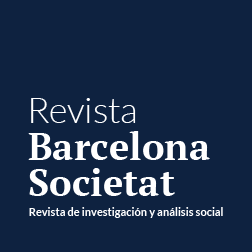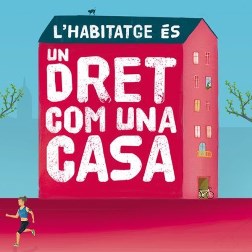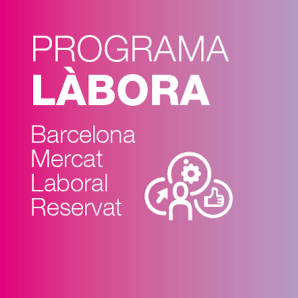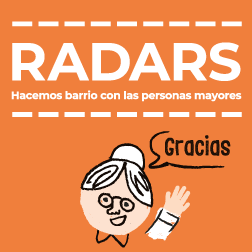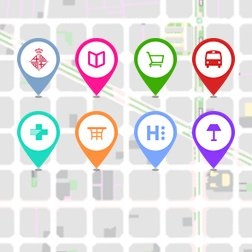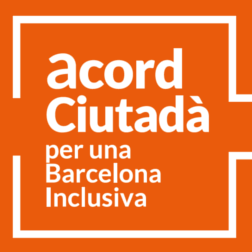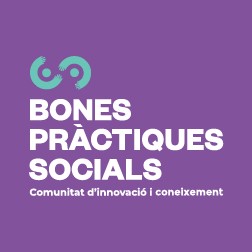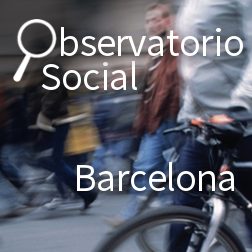Resources and services for active ageing, autonomy and dignity
14/03/2023 - 13:28
There are nearly 350,00 people over the age of 65 living in Barcelona, in other words one in five people. The city offers a series of resources, services and programmes to improve their quality of life and help them keep active, conserve their autonomy and grow old with dignity.
Health and care
There are various municipal health services for the elderly:
-
- Telecare: permanent phone service operating around the clock, every day of the year, helping elderly people with disabilities or dependency to carry on living safely in their own home, and also to reduce the risk of isolation.
- Home Support Service: series of resources and actions to help people with limited autonomy to carry out basic daily activities relating to hygiene, care, diet, medication, physical movement, housework and meals at home.
- Health School for the Elderly: cycles of weekly talks organised in neighbourhoods which facilitate basic knowledge in four areas of health: food, physical activity, emotional welfare and cognitive stimulation.
- Respir Plus: benefits programme which seeks to improve quality of life for elderly people living in private homes and in need of ongoing care , as well as carers.
Loneliness
The “Barcelona against loneliness” strategy offers tools to combat unwanted loneliness with the following programmes:
-
- “Viure i conviure”: this programme provides accommodation for young students in the homes of elderly people who live alone or are in need of company, an experience between strangers of different generations who help each other mutually to attain well-being together.
- Radars: community project to create a network between local people, commerce, pharmacies, facilities and neighbourhood health centres, to keep an eye on the daily routine of elderly people and be able to alert Social Services it they identify any significant change.
- Vincles BCN: users get a tablet with an intuitive and accessible app installed on it which allows them to communicate and interact through video calls or voice messages with friends, family members and other senior citizens in their Vincles user group.
- “Baixem al carrer”: once a week, elderly people living alone or who have mobility problems or little social contact with others get out into the streets with the help of volunteers.
Physical activity
Physical exercise is fundamental for staying in shape and enjoying quality of life. Municipal sports centres offer a wide programme of directed activities, which can range from traditional sports to a wide variety of other options, including aquagym, tai chi, chi kung and yoga.
Elderly people can also enjoy guided activities outdoors, such as those in the programme “Activa’t als parcs”, which groups together physical exercise and health sessions conducted in many city parks, or the “Barnatresc” group walks.
Financial education
The Municipal Office for Consumer Information (OMIC) offers specific sessions for elderly people all through the year to explain their rights when dealing with financial entities, provide more details on the use of face-to-face and online services and advice on prevention and safety. The sessions are free. Check the calendar for the upcoming financial education sessions on the OMIC website.
Culture and free time
All of Barcelona’s community centres, centres for the elderly and libraries are local open spaces with a wide array of workshops and cultural activities. Many libraries run reading clubs for senior citizens.
A cycle of visits and activities is being organised between March and November for elderly people to enjoy museums in Barcelona and the surrounding area. Entitled “Els museus t’esperen”, this cycles is aimed at users of centres for the elderly and the Vincles BCN programme.
Allotments
The Barcelona Allotments Network is aimed at the over-65s. Each district regularly organises draws for small plots of between 25 and 40 square metres, to cultivate vegetables and seasonal plants and flowers. You’ll find more details on allotments and these draws at https://ajuntament.barcelona.cat/ecologiaurbana/ca/serveis/la-ciutat-funciona/educacio-i-sensibilitzacio/programes-deducacio-i-sensibilitzacio/sorteig-horts-urbans.
Respect and non-discrimination
A series of initiatives work to combat discrimination from ageism and eliminate stereotypes and prejudice, such as the campaign “Contra el maltractament, bon tracte“ and the protocol for cases of mistreatment of elderly people. The Office for Non-Discrimination provides support for people who suffer any type of discrimination, offering legal advice in denouncing their case and working on public awareness in Barcelona. The festival La Gran Pantalla also aims to play a part by breaking down stereotypes about elderly people, with films, shorts and talks offering new visions of growing and being old.
Intergenerational volunteer programmes
As a way of capitalising on elderly people’s experience and creating networks with younger generations, intergenerational participation projects have been created, along with the convention “Voices of the elderly” with the Elderly People’s Advisory Council.
There are several associations and volunteer programmes in the city where senior citizens can contribute time and knowledge in different spheres.
You can find all the services and resources for elderly people in the city at https://ajuntament.barcelona.cat/personesgrans/ca.












